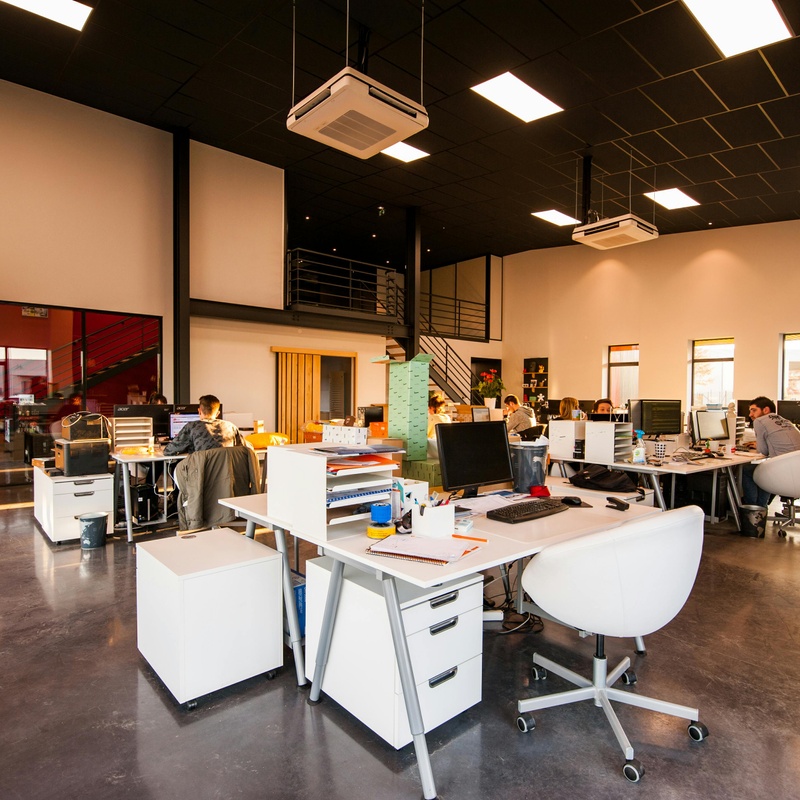Reviving the Events and Experiential Industry Through Innovation

Reviving the Events and Experiential Industry Through Innovation
We sat down with DNA Recruit’s Head of Events & Experiential Gemma Knight, an industry veteran with over two decades of experience in recruitment. Gemma has had the unique opportunity to observe the remarkable evolution of the events and experiential industry, from its diverse origins to its current focus and innovative trends, which she shares with us below.
Embracing Specialisation
My career started with recruiting across various industries, ranging from sales and marketing to PA positions. However, in 2013, I made a bold decision to venture into the rapidly growing events industry. At that time, the sector was experiencing exponential growth, and I was eager to be a part of it.
In 2019, the events industry made a significant contribution of £73.6 billion to the UK economy, underlining its undeniable significance. But then, the unforeseen COVID-19 pandemic struck, forcing the industry to temporarily shut down. It was a challenging period, but it revealed the resilience and adaptability of the industry as it swiftly transitioned to virtual events to keep professionals connected during these trying times.
Uncovering the Latest Trends
Since the world has reopened and the industry has recovered there are some significant trends and innovations taking hold:
- Digital Transformation and the Rise of Hybrid Events: The pandemic accelerated the industry's digital transformation. While physical events have made a massive comeback, hybrid events, combining in-person and virtual elements, have become increasingly popular, offering cost-effective and sustainable options.
- Sustainability Takes Centre Stage: Sustainability is no longer an afterthought but a core principle. Many companies are setting ambitious targets to reduce waste and minimise their environmental impact, showcasing a growing commitment to sustainable event planning.
- Influencer Marketing and the TikTok Effect: Influencer marketing, especially on platforms like TikTok, has had a profound impact on experiential campaigns. Brands now leverage influencers and their followers to reach wider and more engaged audiences.
- Immersive Retail Experiences: In the face of challenges encountered by traditional retail, immersive retail experiences have emerged. Brands are creating innovative, interactive spaces, allowing consumers to engage with products in fresh and exciting ways.
- AI Integration: Artificial intelligence (AI) is making its presence felt in the industry, enhancing communication, interaction, and attendee experiences. AI-driven solutions include chatbots, voice assistants, live translation, and data collection, all contributing to more efficient event planning.
- Venturing into the Metaverse: Forward-thinking brands are exploring the metaverse, crafting virtual realms and experiences for consumers. This exciting frontier opens up new possibilities for engagement and product launches.
- Personalised Event Journeys: Insights drawn from event registration systems are now driving the creation of personalised event journeys. Attendees can now network efficiently, schedule meetings, and collaborate seamlessly, enriching their overall event experience.
The Remarkable Revival
I'm thrilled to confirm that the events and experiential industry is in the midst of a remarkable revival. The years 2021 and 2022 have witnessed a resurgence that goes beyond returning to pre-pandemic levels. It's a renaissance marked by fresh digital innovations and strategies that elevate the overall event experience.
This evolution represents the industry's ability to adapt and thrive, merging the timeless charm of in-person interactions with the boundless potential of digital enhancements. It continues to serve as a vibrant hub, connecting people and crafting unforgettable experiences that promote brand loyalty and inclusion.
The Promise of a Transformed Future
The journey of the events and experiential industry through innovation has not only revitalised its prospects but has also opened up new ways for both brands and consumers alike. As AI, immersive experiences, and sustainability take centre stage, this dynamic industry is set to redefine the future of marketing and engagement in ways that are exhilarating, immersive, and more inclusive than ever before.
Despite the unprecedented challenges it has faced, the events and experiential industry has emerged stronger, more resilient, and more innovative than ever. It's a testament to the industry's adaptability and creativity - a journey through innovation that promises an exciting and transformative future.
SHARE
Other articles that may be of interest
Related news







